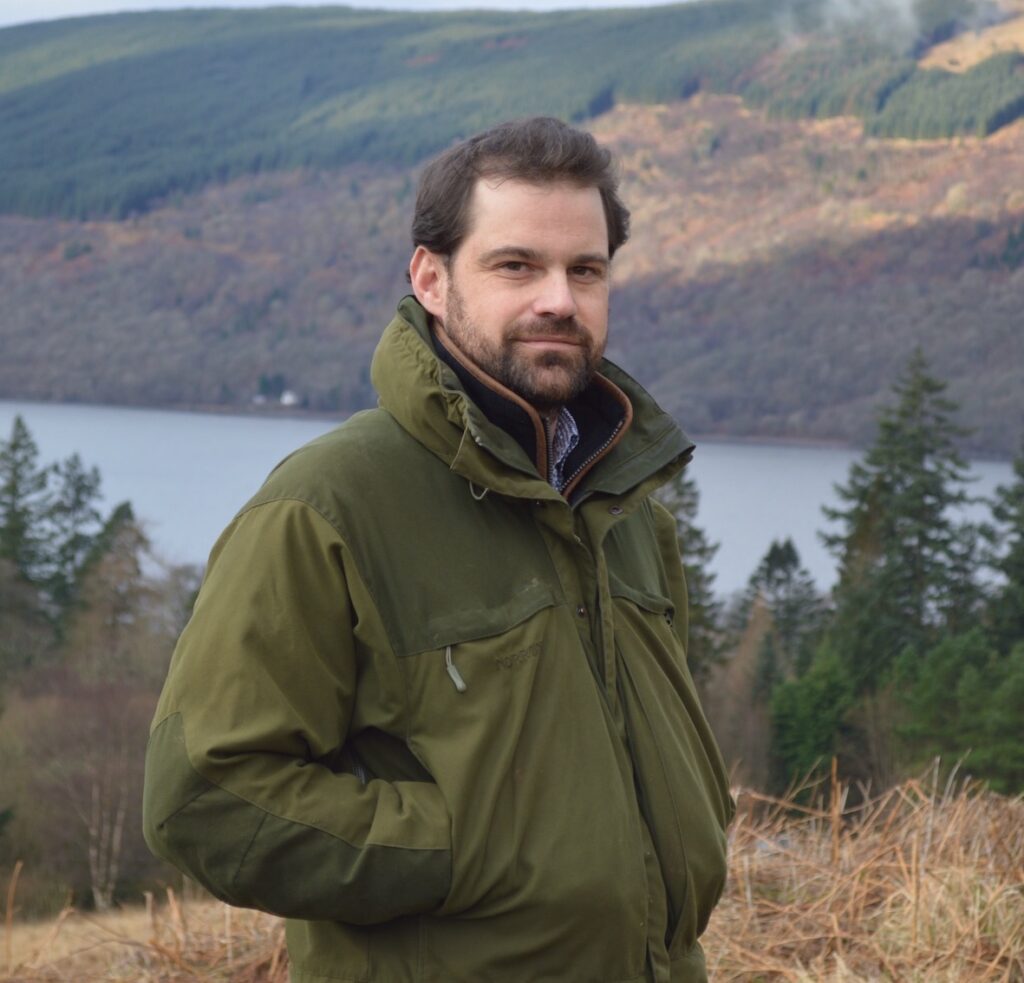A survey undertaken last month by the Association of Deer Management Groups (ADMG), Lowland Deer Network Scotland (LDNS) and the Scottish Venison Association (SVA) has found that if there is no let stalking this year for stags, hinds, roe bucks or does then the 103 respondent businesses will lose in excess of £2,500,000.
The research was undertaken to establish what the financial loss would be to those letting upland and lowland stalking given restrictions on UK and foreign travel under current COVID-19 regulations and social distancing rules, and how this might affect 2020/21cull plans. The survey also wanted to establish how the loss of let stalking and potential changes to game dealer/ processor arrangements, which will be subject to reduced capacity due to the inefficiencies created by distancing requirements, might affect volumes of venison going into the food chain. The survey’s main conclusions are:
Loss of income from let stalking
- The total amount of income estimated at risk of
loss to 103 respondents covering > 800,000 ha if there is no let stalking
this season is in excess of £2.5M.
- However, if there is no or limited let stalking
this season the deer cull plans of 57% of respondents (covering some 448,000
ha) would be unaffected.
- Similarly, 51% of respondents also said that the
loss of all or part of their letting income would not affect the volume of
venison they put into the food chain.
Changes to venison dealer/processor arrangements and venison supply chain
- 62% of respondents said however that if
arrangements with their game dealer, including price, change they would adjust
their planned cull.
- Only 25% of respondents (covering 197,000 ha)
said that their cull would be unaffected by both loss of let stalking and by
changes to game dealer/venison market arrangements.
In a separate multiple-choice question asking what respondents would do
if current routes to market were affected (such as no or restricted carcase
collections, significant changes to price etc) the following responses were given:
- 64 said that they would adjust their planned
cull
- 62 said that they would explore other outlets
and routes to market
- 15 said they would not be affected
- 14 said they would consider leaving carcasses on
the hill
Richard Cooke, Chairman, the Association of Deer Management Groups,
said:
“This survey gives us
some very valuable insight into the potential impact on deer management
businesses if there were to be no let stalking in the coming season due to the
fallout from Covid-19.
“Our sample represents just under one third of the sector, so the total loss from let stalking being impossible can be estimated at around £9,000,000 before any impact from downgraded venison sales is also taken into account. This is of course the worst-case scenario, full cancellation, and hopefully the impact will be less if the Scottish Government roadmap out of lockdown proceeds as hoped. However, there will undoubtedly be some effect due to cancelled bookings and the difficulties of organising Covid-safe stalking with guests. Whatever the degree, we must expect disruption and significant economic damage including potential job losses, both part time and seasonal, as survey respondents have flagged up. We must also recognise the loss to the wider rural economy from the income that this type of sporting tourism generates.
“As for venison, the
processors have lost all their restaurant, food service and catering customers
and may be sitting on unsold stock from last season. While these markets
should recover it would be unrealistic to expect that in the short term and
they are therefore facing a situation of reduced demand and extra cost due to
the need to incorporate social distancing within their processing
operations. The effect on price remains to be seen.
“Producers should be
in touch with their dealer to ascertain how best to manage the supply so as to
spread the load to reduce the usual seasonal peaks. The Scottish Venison
Association, supported by ADMG, is developing a recovery plan for discussion with
the Scottish Government and ADMG is also working with other bodies to advise
Scottish Government in the provision of advice on how to conduct deer
management and other outdoor activities with social distancing taken into
account.
“ADMG’s firm advice
must be to take planned culls in full to avoid future problems with deer
numbers but a high degree of cooperation with processors will be necessary to
ensure that the venison supply chain can remain operable throughout the coming
months.”
The full results of the survey are now online including
a summary of additional comments from respondents.
Further information from:
Dick Playfair
Playfair Walker
Tel: 0131 445 5570
E: richard@playfairwalker.com


